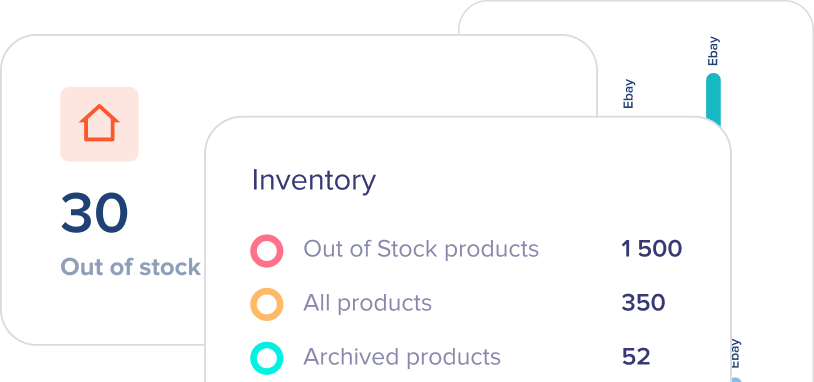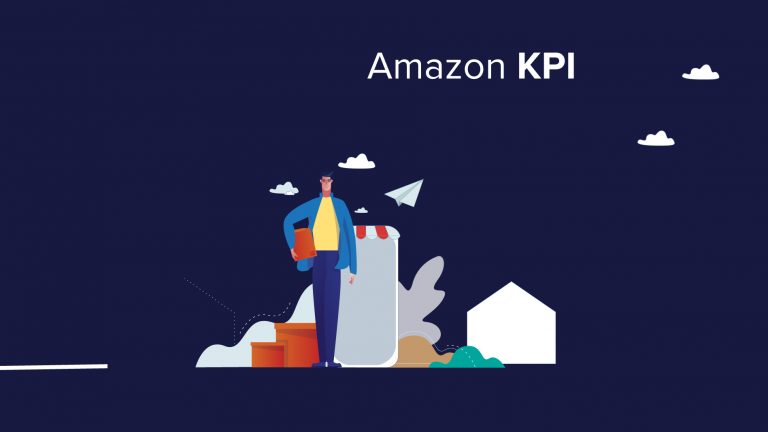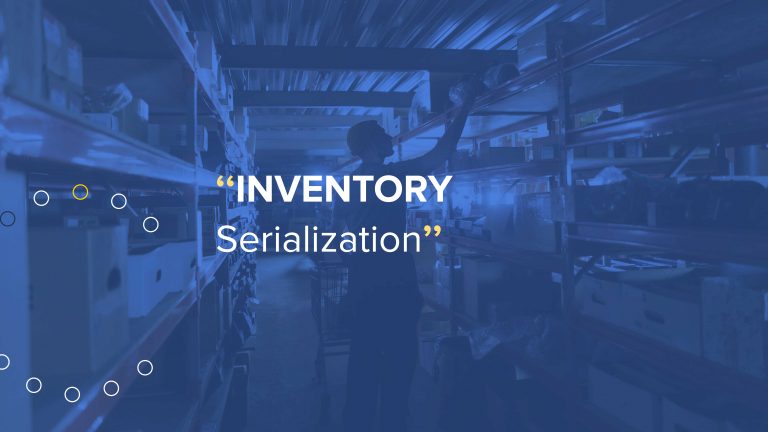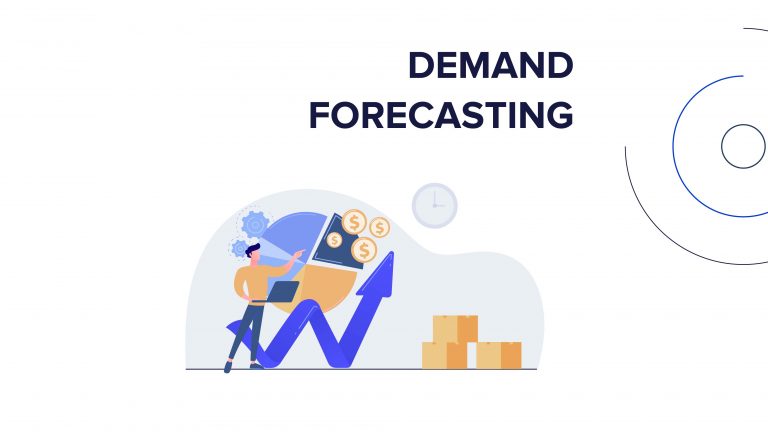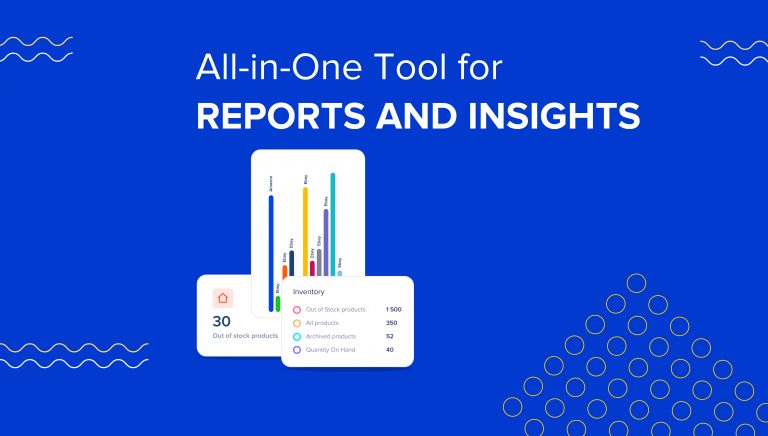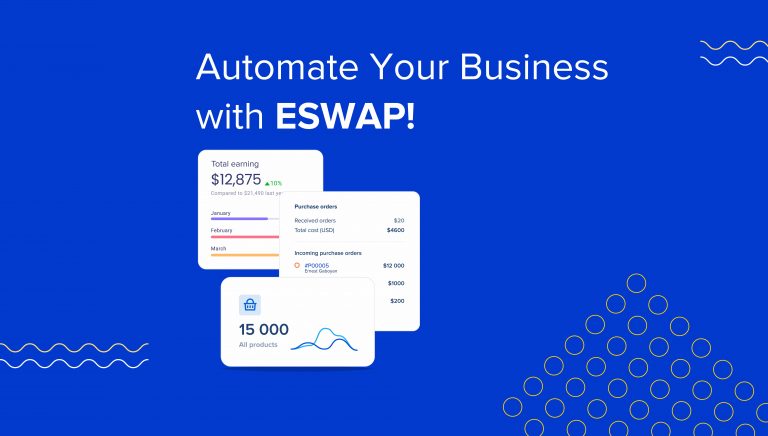Vendor Managed Inventory (VMI) as a strategy assumes the buyers (retailers) to coordinate with the vendors to exchange information. Vendor Managed Inventory (VMI) is a relatively new concept in the retail industry. The Benefits of the Vendor Managed Inventory strategy’s execution is immense if you are applying it correctly.

Vendor Managed Inventory: Definition & Components
When you lack your Inventory on sale, the VMI program helps the retailers have a trusted reordering system. As your reliable partners, Vendors already have your data for Inventory levels and ensure your timely Inventory delivery. When managed with the (VMI) Vendor Managed Inventory strategy, reorder points are not becoming critical, as your trusted suppliers provide you with the necessary stock on your behalf.
There are many reasons why the Retailers will find it beneficial to apply this strategy compared to traditional inventory management as a part of their inventory management. Traditional Inventory Management assumes limited visibility as you have not sufficient data whether or not your supplier is capable of fulfilling your orders. The traditional inventory management system may bring you occurrences of overstocking or understocking as well.
The helpful hand of VMI (Vendor Managed Inventory) strategy will reduce the inventory holding costs.
Vendor Managed Inventory: Components
Vendor-Managed Inventory practice compared to traditional inventory management, makes the management process easy to coordinate. The manufacturer or the supplier is the responsible contact to take care of the optimisation of the Inventory held by the distributor.
Here are the main components of the VMI:
- Inventory Location
- Inventory Ownership
- Level of Demand Visibility
Inventory Location
In the VMI practice, the Inventory’s location plays an important role as it is also managed and controlled by both parties. The location choice is also based on a mutual arrangement between the Vendor and the Customer.
The location is core component in the VMI system, as the shared information between the Vendors and Retailers allows the users to keep a controlled delivery system and keep the cycle short and avoid the unsynchronised production process.
Inventory Ownership
Inventory Ownership is the next component in the VMI system, referring to the system of payments and ownership transfers. The ownership regards the Invoice which is issued to the retailer.
As an inventory owner, the vendor issues an invoice for a particular number of goods or services to the customer.
The Invoice becomes valid when the goods are taken from the stock. The next type of ownership is when the retailer accepts ownership of the goods but receives the invoice on delivery time.
The last for the ownership or the standard process in the traditional delivery system assumes that a retailer owns the inventory upon the delivery. The vendor on its turn issues an invoice for the goods delivered after the shipment is successfully carried out.
Demand Visibility
Demand visibility as a core component in the Vendor Managed Inventory System assumes the customers’ shared information to the suppliers. The demand information technically assumes data exchange transparency regarding the sales, stock withdrawal, scheduling, back-ordering incoming, or the return order statuses.
Retailer Benefits of Vendor Managed Inventory (VMI)
VMI helps the retailers to resolve issues of complex supply chain management.
VMI is a transformative tool in providing the stock on time, helping the suppliers have total control of stock replenishment, release and clearance.
Here are the top benefits of applying Vendor Managed Inventory (VMI) Strategy from the Retailers’ Perspective.
Prohibition of Overtockings or Stockouts
VMI as a strategy helps retailers reduce risks to have stock-outs or overstocking, as it prevents the mishappenings of reordering the products at the last minute. The supplier manages the replenishment of the stock and schedules its own production and reordering issues. This inevitably leads you avoiding the cases of overstocking as well.
Reduced Costs
The decreased costs for the VMI execution is a life-saver benefit. The eCommerce retailers benefit from this system as they avoid the purchase-related admin costs and consume time to concentrate on their sales other than on the Inventory Management Issues. VMI helps the retailers invest more time on realising their inventories other than busying themselves with the tasks to make calculations and product order creations.
Sales growth
The Vendor Managed Inventory strategy practitioners increase their sales to have proper stock promptly and satisfy the customer needs. Product availability drives in good customer service provision. Accordingly, you gain customer loyalty and sales growth.
Supplier Benefits of Vendor Managed Inventory (VMI)
Here are the top benefits of applying Vendor Managed Inventory (VMI) Strategy from the Suppliers’ Perspective:
Establishment of a Trusted Business Relationship
VMI as an Inventory Management Strategy helps the suppliers to benefit from the established long-term business relationships with retailers. The strong and trusted business relationships between retailers and suppliers are time-consuming and less risky in customer switching cases.
Productivity and Inventory Forecasting
The application of Vendor Managed Inventory as a strategy for your business will increase productivity and improve the supplier forecasting ability. It will definitely help the retailers to eliminate the inventory holding costs due to the accurate data availability. A vendor managed inventory holders exchange the inventory and sales data, which helps the retailers reduce the risks of possible wastages and costs. The suppliers have better data on how to predict the future of their Inventories and how to reduce stock shortages or delivery costs.
Order and Fulfillment Data Accuracy
It is quite predictable to understand that VMI as a strategy makes the order fulfilment process as accurate as possible. This is done due to the proper exchange of information between the parties. The risks are much more reduced in having all the data in a digitalised form, making the mistakes and human errors lesser.
eSwap, as retail eCommerce, offers the users all the tools for organisation and management of their inventories, including the necessary integrations for sales channels, shipping, accounting and payments. These integrations serve at the best for businesses’ inventory management problem solutions.
